At the conference to discuss the draft project to reorganize the Department of Culture - Sports of Ho Chi Minh City and the Department of Culture - Sports and Tourism of the two provinces of Binh Duong and Ba Ria - Vung Tau , Mr. Tran The Thuan, Director of the Department of Culture - Sports of Ho Chi Minh City, affirmed: "There is no thinking of merging this unit into that unit, but rather "merging" to maximize the strengths of each locality, complementing and complementing each other, forming a leading national cultural - sports super center".
Sports services market
For many years, Ho Chi Minh City has been the leading force in Vietnamese sports not only thanks to its competitive achievements but also because of its pioneering role in the application of science and technology. The Ho Chi Minh City Sports Training and Competition Center is the first place to implement the "smart training" model with modern technologies applied in the selection and assessment of coaches; recently, it has initially applied artificial intelligence (AI) to the management of training programs and planning, and the prevention of sports injuries.
In addition, the development of grassroots sports, school sports, community sports, along with the flourishing of start-up businesses in the sports field, has turned Ho Chi Minh City into the cradle of the most dynamic sports service market in the country. However, "bottlenecks" still exist: limited land fund, old facilities in many places, and the work of discovering young talents is difficult due to lack of recruitment sources.
Meanwhile, Binh Duong and Ba Ria - Vung Tau have special conditions that Ho Chi Minh City sports still lack: Binh Duong has rich potential in sports talent from a large number of rural and suburban youth, modern industrial infrastructure can become the foundation for the production of domestic sports equipment; Ba Ria - Vung Tau has strengths in sea geography, resort tourism facilities, is an ideal destination for sea sports activities and international events.
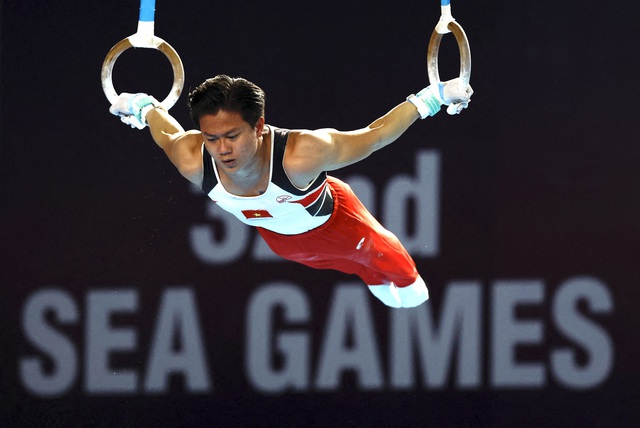
After the merger, Ho Chi Minh City Sports aims to discover and train top athletes. (Photo: DONG LINH)
Development triangle
Ho Chi Minh City will be the center for training high-level athletes, coordinating the city-wide sports training system, researching sports science and creating a smart sports economic market. Binh Duong, with its rapid industrialization and satellite urban system, has a large youth force, is a "gold mine" for selecting talented athletes, providing initial specialized training to supplement the city's high-level athletes. Not only that, with its strong production capacity, Binh Duong can completely become the center for developing the domestic sports equipment industry, from competition clothing, shoes to training support machines. This is a potential market worth hundreds of millions of USD/year, but Vietnam is still heavily dependent on imports.
Ba Ria - Vung Tau, with its long coastline and ready tourism ecosystem, is an ideal location to develop sea sports such as windsurfing, SUP, sea swimming, beach volleyball... This place is also capable of organizing national and international sports competitions, creating a big boost for the sports tourism economy. If strategically planned, this place will be the sea sports capital of Vietnam in the near future.
This merger will create a comprehensive sports development triangle, supporting each other on the digital transformation platform with the prerequisite: All direction - management - operation work after the merger must be 100% carried out on a digital platform, electronic signature, from managing training records, operating facilities, to monitoring physical, psychological and nutritional data of athletes.
The application of digital management technology helps training and coaching facilities under the Ho Chi Minh City Sports Training and Competition Center shorten reporting time, increase transparency and flexible connection between localities. This is not only a technical requirement but also a transformation to adapt to the large and complex area after the merger.
In the world, the "sports triangle" model is not new. Japan has Tokyo (training), Osaka (equipment production) and Okinawa (marine sports). France has Paris (competition), Lyon (youth training), Marseille (tourism - sports events). Ho Chi Minh City's move towards a similar model is an inevitable trend if it wants to bring sports into the high-value economy.
Drawing on experience from the 2024 Paris Olympics, France has invested 1.3 billion euros in suburban sports centers, thereby reducing the load on Paris and strengthening the national strength. The expanded Ho Chi Minh City model can completely refer to and localize this lesson.
(To be continued)
Source: https://nld.com.vn/huong-den-mo-hinh-sieu-trung-tam-the-thao-196250519213239483.htm




![[Photo] Ready for the 2025 Fall Fair](https://vphoto.vietnam.vn/thumb/1200x675/vietnam/resource/IMAGE/2025/10/14/1760456672454_ndo_br_chi-9796-jpg.webp)
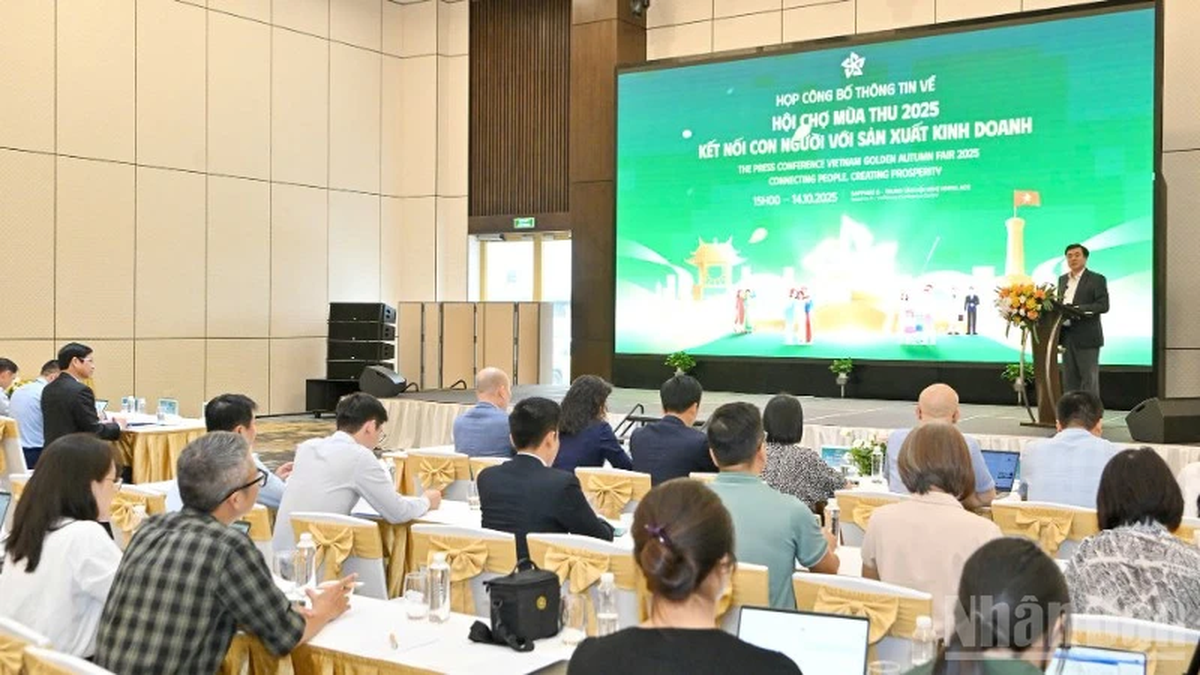
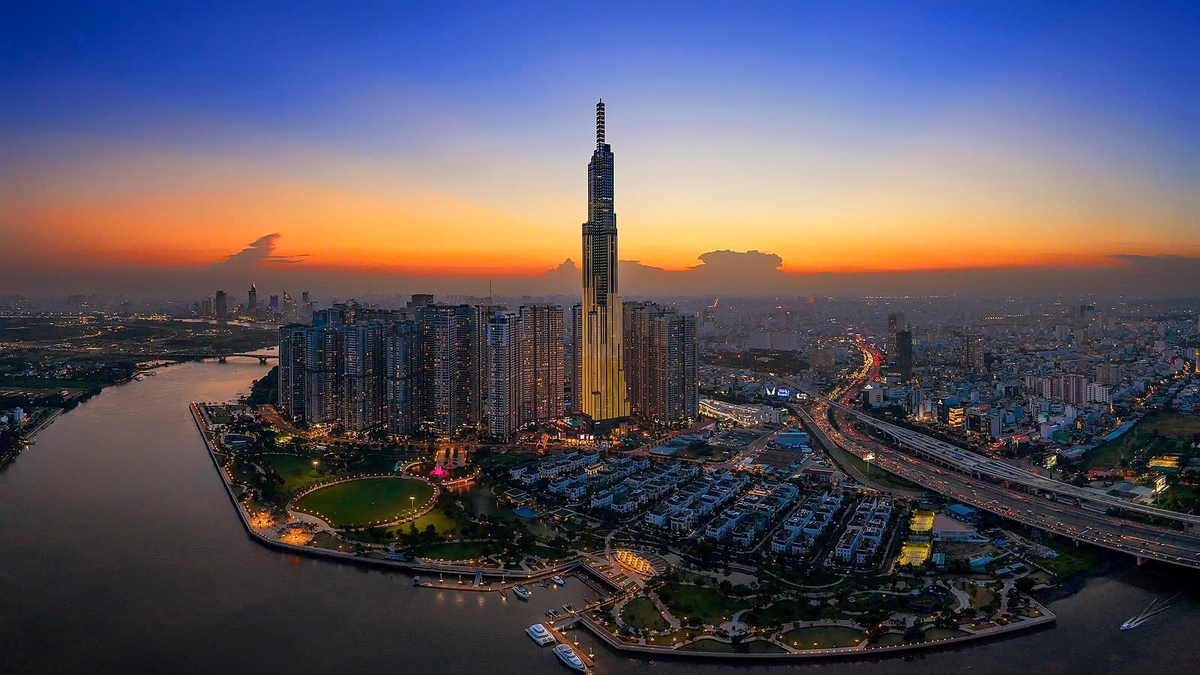

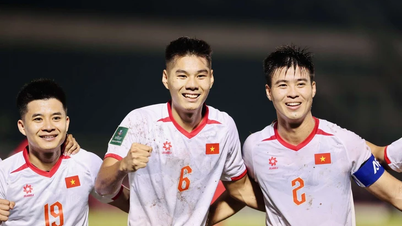

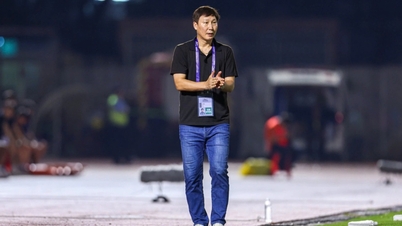

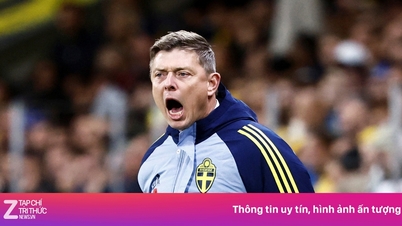

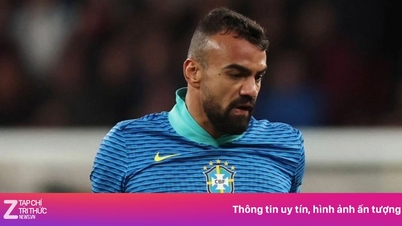
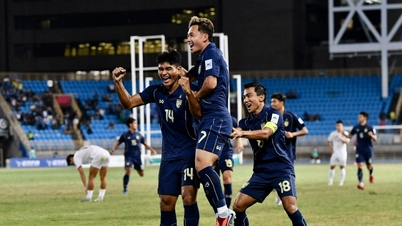





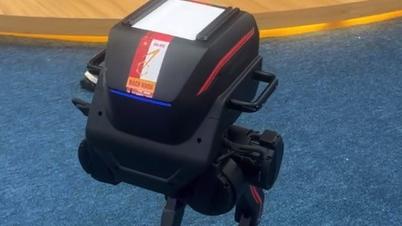
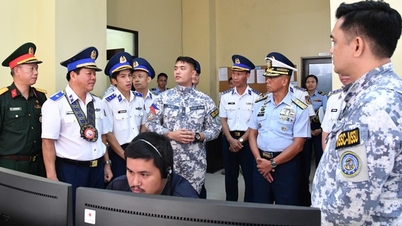
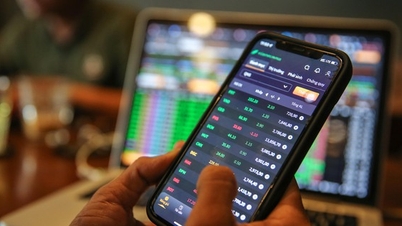
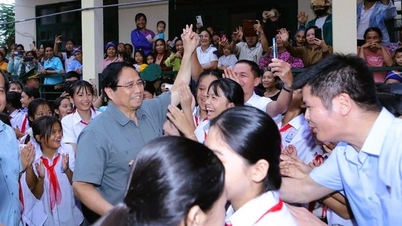

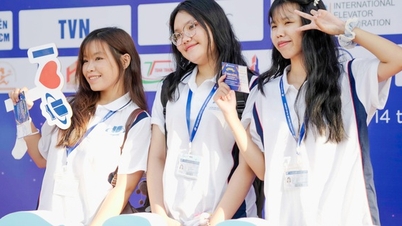

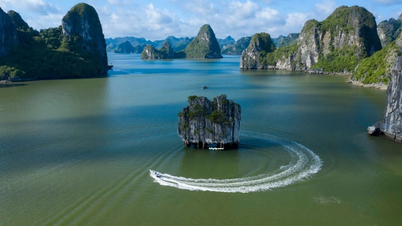










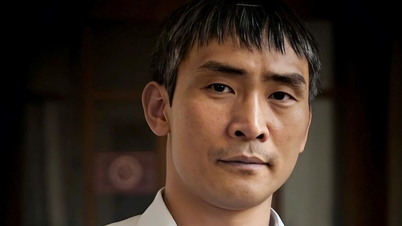

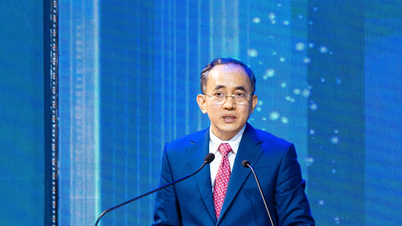








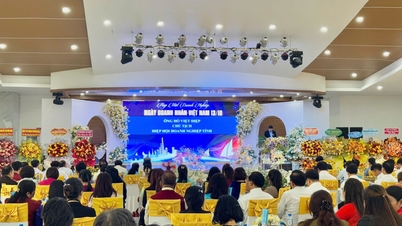

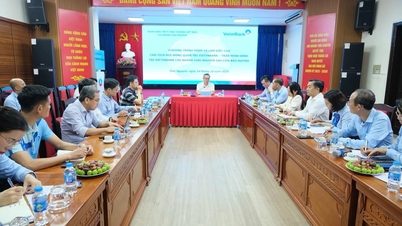



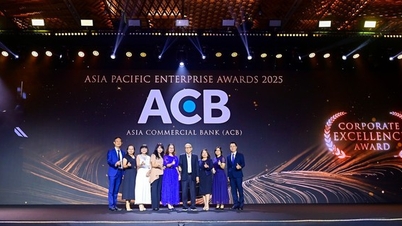






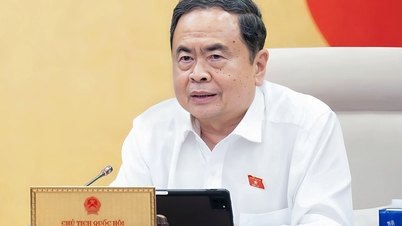
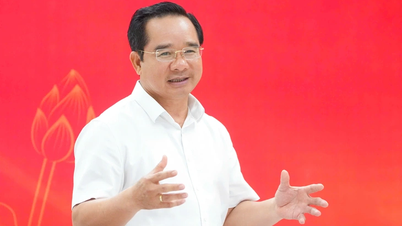
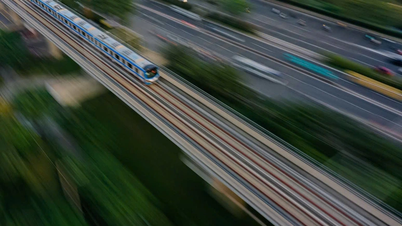

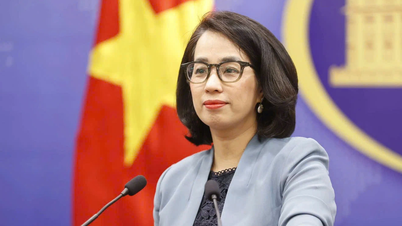
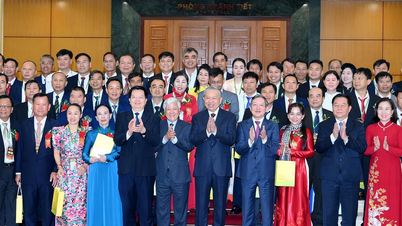
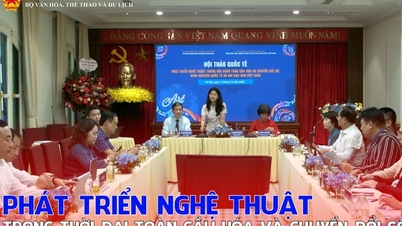

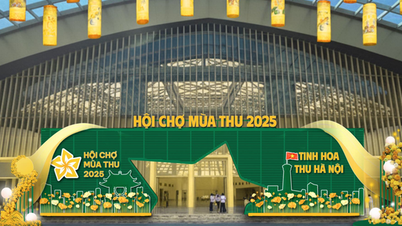
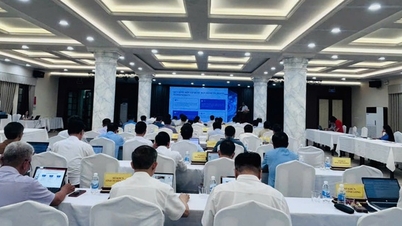

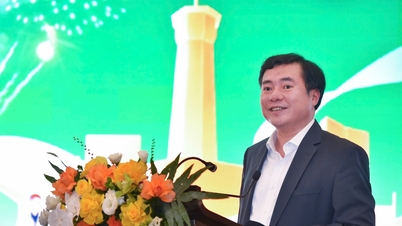

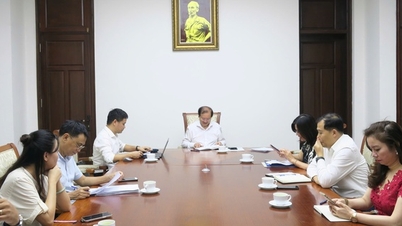
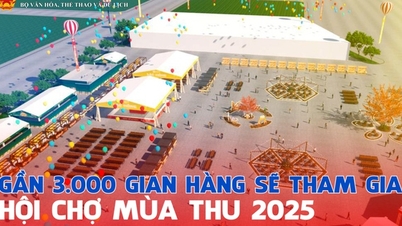
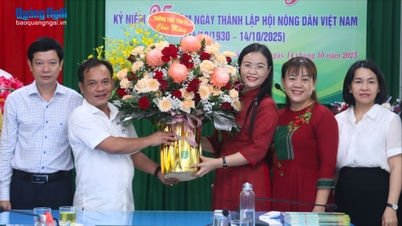
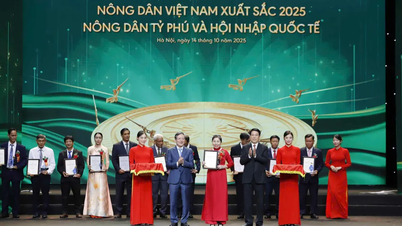


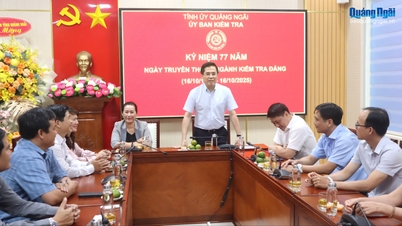


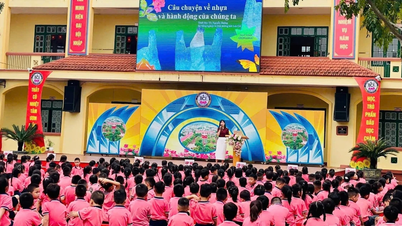













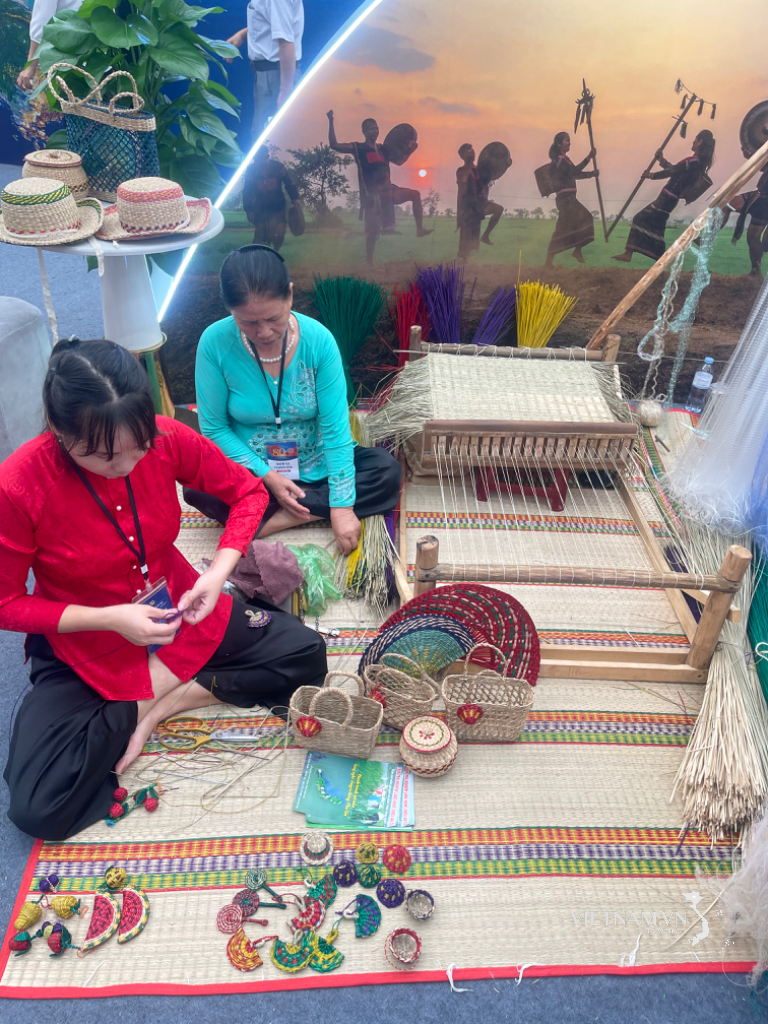
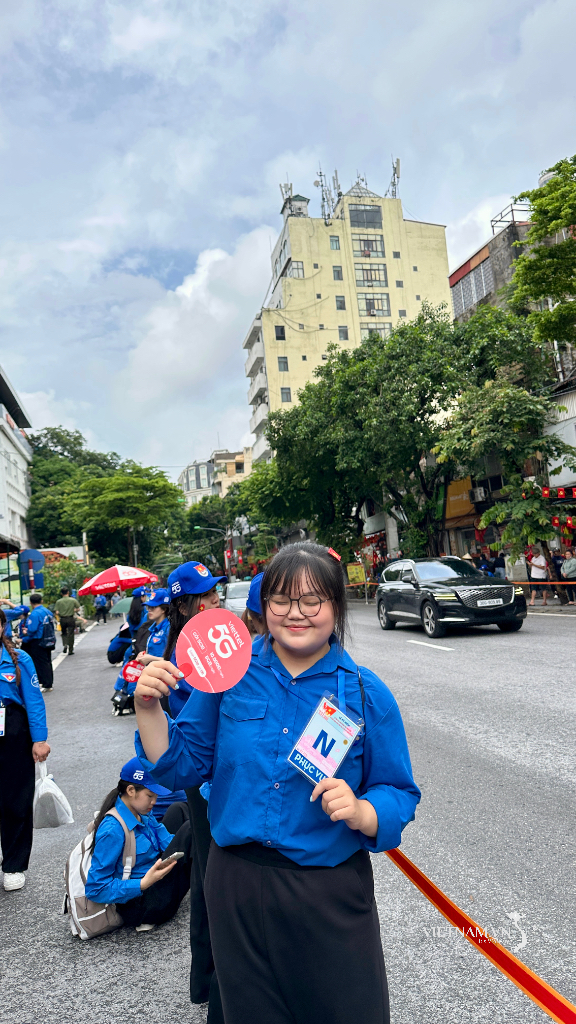

Comment (0)